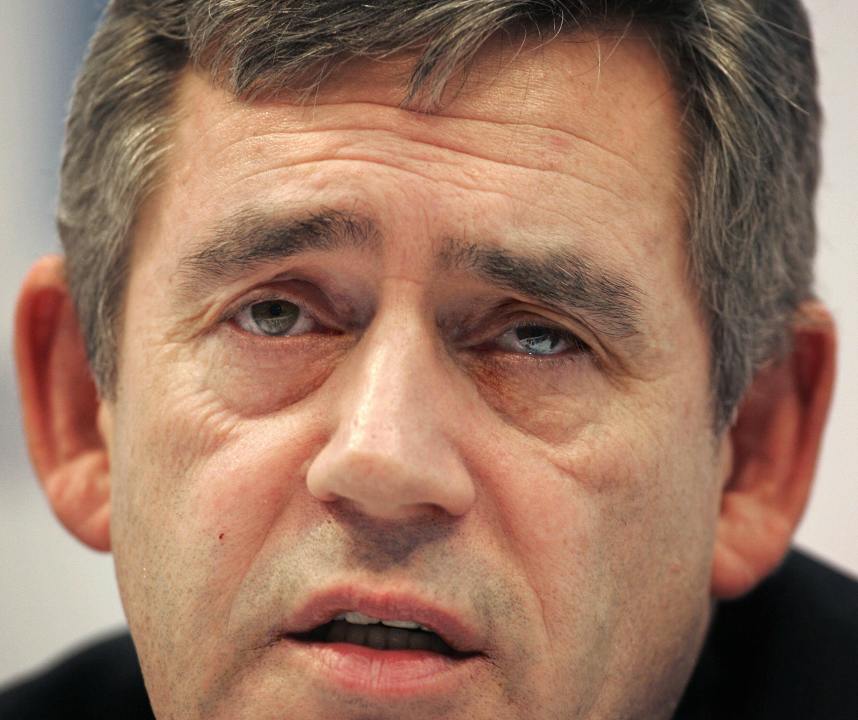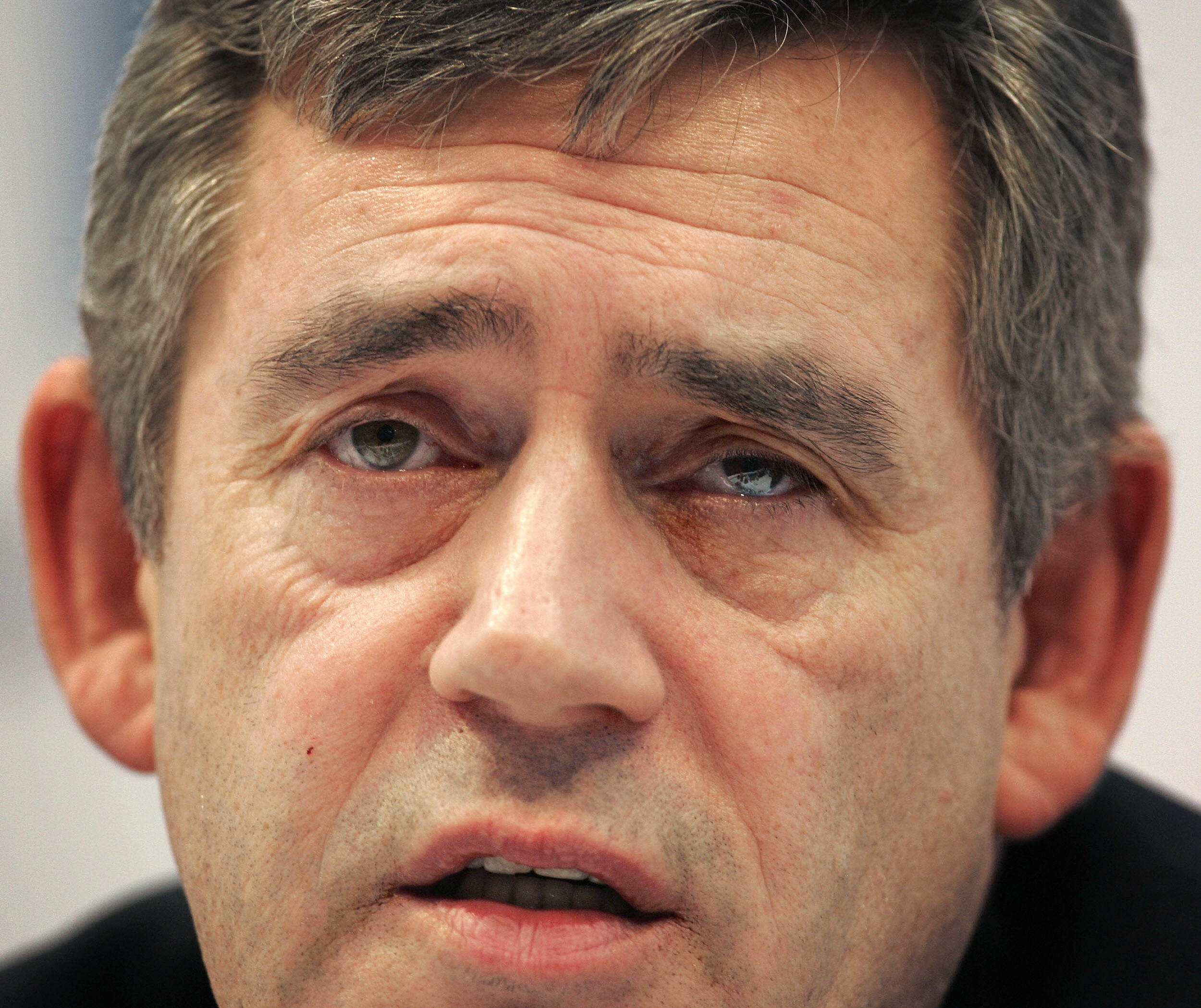 Brown’s Bubble: these two words should come to sum up the last seven years of British economy. Today, George Osborne used the phrase. But it should become more than a soundbite, it should be a forceful and coherent analysis explaining how and why the economy has got to this point. That the “prosperity” of the Brown years was not real, but an avalanche of funny money, borrowed against made-up house prices. The pain Britain feels now is that of a bubble bursting.
Brown’s Bubble: these two words should come to sum up the last seven years of British economy. Today, George Osborne used the phrase. But it should become more than a soundbite, it should be a forceful and coherent analysis explaining how and why the economy has got to this point. That the “prosperity” of the Brown years was not real, but an avalanche of funny money, borrowed against made-up house prices. The pain Britain feels now is that of a bubble bursting.
My brief analysis: Brown kept to Tory spending plans at first, giving Labour cover to win a second term. Magicians refer to this stage as “the pledge” when they show you something like a solid hat, or a rabbit. Then comes the trick.
The Brown trick started in 2001/02 with a policy of profligacy, encouraging a debt binge led by government. Stamp duty diverted much of the borrowed money into government coffers, so he didn’t worry about the housing bubble. So we had the biggest orgy of speculative debt creation that Britain has ever known. Brown deployed a range of debt concealment vehicles to hide the extent of this. PFI deals were used with the abandon that Enron used off balance sheet subsidiaries.
The result is that, as the IFS points out, if you include PFI and public sector pension liabilities then British national debt is over 100% of GDP, making a joke out of Brown’s 40% limit.
That is just government debt, though. The national accounts for last year put household debt at a staggering 178 per cent of household income. As I say in the political column for this week’s Spectator, this is not just the highest in the G7 but the highest any G7 country has ever known.
Responsibly-run countries pay off government debt when households get leveraged up, thus providing a cushion when the bust comes. Browns error, for which we will all now pay dearly, was to believe he had abolished the cycle and “ended boom and bust”. So he borrowed from the City, thinking future generations could easily repay the debt or that he could string things along until he won an election.
Then, it happened. The bank bust meant tighter credit, which meant lower house prices, which meant less “equity withdrawal” funding consumer spending, which means recession which means more unemployment. Meanwhile Britain’s rapidly deteriorating public finances meant a Callaghan-scale devaluation of the pound, which jacked up inflation. Brown blames a global downturn, but Britain is the most exposed country.
This is how the Brown bubble was blown up, and how it burst. Today’s GDP data, to which Osborne refers, shows zero growth in the second quarter so a recession has probably already started. Though we wouldn’t know for sure until the spring, such is the data lag. And the pain is only just beginning.








Comments